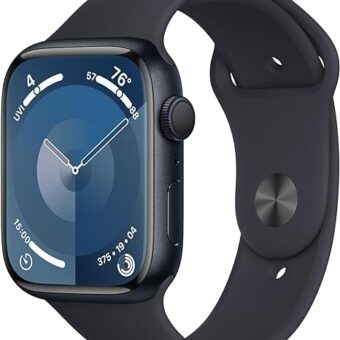
Running, a popular and beneficial form of exercise, has often been associated with concerns about its potential impact on height. The belief that running could stunt growth or lead to a shorter stature has circulated for years, prompting questions about its validity. Let’s delve deeper into this topic to understand the science behind these claims and separate fact from fiction.
Understanding Growth and Exercise
During childhood and adolescence, bones grow in length due to the presence of growth plates located at the ends of long bones. These growth plates are made of cartilage and are crucial for bone development. The concern arises from the idea that high-impact activities like running might harm these growth plates, thus affecting overall height.
Scientific Insights
- Impact on Growth Plates: Scientifically, moderate running and other forms of exercise do not adversely affect growth plates. Research indicates that while excessive stress or injury to growth plates (such as from accidents or certain sports) can potentially affect growth, regular running within safe limits does not pose this risk.
- Bone Density and Strength: Running, as a weight-bearing exercise, actually promotes bone health by stimulating bone formation and increasing bone density. Strong bones are essential for overall health and play a significant role in maintaining posture and skeletal integrity.
- Genetic Factors: Height is predominantly determined by genetics. Factors such as parental height and genetic predispositions largely dictate an individual’s ultimate height potential. Exercise, including running, does not alter these genetic factors.
Debunking Myths
- Height Compression During Running: Some believe that the repetitive impact of running compresses the spine temporarily, leading to a perception of reduced height. However, this compression is temporary and does not result in permanent height loss.
- Nutritional Considerations: Proper nutrition, including adequate intake of calcium, vitamin D, and other nutrients essential for bone health, is crucial during periods of growth. A balanced diet supports bone development and overall health.
Benefits of Running
- Cardiovascular Fitness: Running improves cardiovascular health by strengthening the heart, improving circulation, and lowering blood pressure.
- Mental Well-being: Regular running is associated with reduced stress levels, improved mood, and enhanced cognitive function due to the release of endorphins.
Conclusion
In conclusion, running does not make you shorter. On the contrary, it contributes positively to overall health, including bone health and cardiovascular fitness. The belief that running stunts growth or reduces height is largely a misconception not supported by scientific evidence.
Therefore, individuals, especially parents and young athletes, should feel confident in incorporating running into their exercise routines without fear of compromising height. As with any physical activity, moderation, proper technique, and attention to nutrition are key to reaping the full benefits of running while minimizing any potential risks.
By understanding the science behind running and height, we can dispel myths and promote a balanced approach to exercise and health.
This article aims to provide clarity on the impact of running on height, debunking myths and emphasizing the numerous benefits of this popular exercise for overall well-being.





